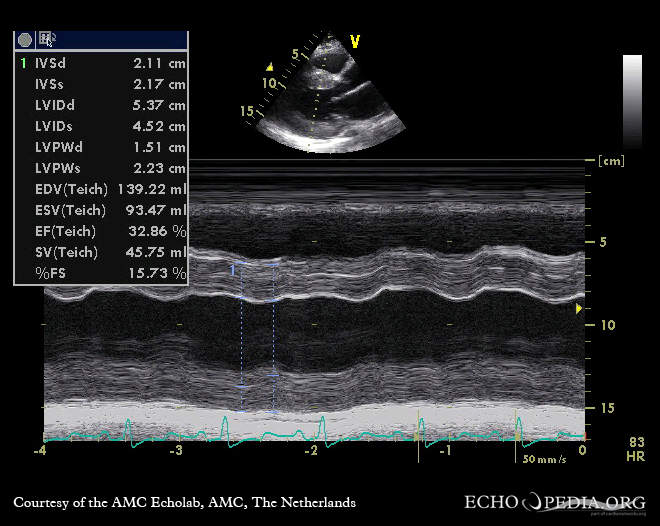
A possible new treatment for a common type of heart failure has been identified by researchers at the University of Colorado (CU) School of Medicine.
Researchers examined the effect of an investigational drug called givinostat on diastolic dysfunction. This condition is a heart relaxation abnormality that contributes to heart failure with preserved ejection fraction (HFpEF). The results were published in the journal Science Translational Medicine on 7 February.

Discover B2B Marketing That Performs
Combine business intelligence and editorial excellence to reach engaged professionals across 36 leading media platforms.
There is currently no effective treatment for HFpEF. The condition affects millions of people worldwide and is characterised by left ventricular diastolic dysfunction and can be a result of hypertension, diabetes, ageing or other conditions. In cases of HFpEF, the heart pumps blood normally but is unable to fill as efficiently as a healthy heart.
The study
It is commonly believed that fibrosis is the root cause of diastolic dysfunction and HFpEF. However, one third of patients’ hearts examined in the study did not have significant fibrosis, instead revealing the true problem lay in the heart muscle cells’ impaired ability to relax.
To discern whether this defect could be treated, researchers tested whether givinostat, a clinical-stage inhibitor of histone deacetylase (HDAC) catalytic activity, could improve the heart’s ability to relax despite hypertension or ageing.
Findings showed that the drug, when administered to rats and mice, helped suppress diastolic dysfunction and allowed the heart to relax properly. The findings suggest that HDAC inhibitors and other agents hold promise for the treatment of HFpEF in humans. The next step in translating findings to a human application will be testing givinostat on HFpEF in a large animal model.

US Tariffs are shifting - will you react or anticipate?
Don’t let policy changes catch you off guard. Stay proactive with real-time data and expert analysis.
By GlobalData“These are exciting findings because we may be able to help patients with a form of heart failure that has been recalcitrant to standard-of-care therapies,” said CU associate professor of medicine and study co-author Dr Timothy A. McKinsey. “Givinostat is currently in clinical development for the treatment of muscular dystrophy. Our data suggest the possibility that givinostat could be ‘repurposed’ for the treatment of HFpEF…Our data also reveal relaxation impairment of muscle cells as a previously unrecognized process that contributes to diastolic dysfunction of the heart. Thus, other therapeutic strategies that improve this defect could also be useful for the treatment of HFpEF”.
McKinsey led the study alongside CU’s assistant professor of medicine Dr Mark Y. Jeong.



